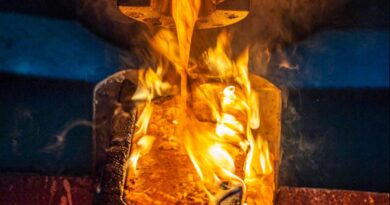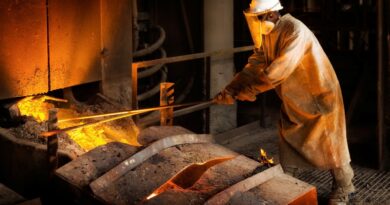Barrick and Pakistan review progress on Reko Diq copper-gold Project
Quetta, Balochistan – Barrick Gold Corporation president and chief executive Mark Bristow says the process of completing the final agreements and legal steps that would enable the development of the Reko Diq project is making steady progress. Once the transaction is completed, Reko Diq, one of the largest undeveloped copper-gold deposits in the world, will be owned 50% by Barrick, 25% by Balochistan province and 25% by major Pakistani state-owned enterprises (SOEs).
He was speaking after a four-day visit to Pakistan during which he and the project team held discussions with prime minister Shehbaz Sharif and Balochistan chief minister Abdul Quddus Bizenjo and their teams, as well as Barrick’s SOE partners. With the approval of Pakistan president Dr Arif Alvi, the necessary documents for the Presidential Reference were filed on Saturday with the country’s supreme court, a significant process milestone.
During the course of the trip, the Barrick team also visited Balochistan’s Chagai District, which hosts Reko Diq, to brief local leaders and community stakeholders on the project, which will bring enormous benefits to the region in the form of employment, skills and economic development, as well as community initiatives focused on food security, environmental management and access to healthcare, education and potable water.
Bristow says Barrick is setting up community development committees (CDCs) to identify priority projects and supervise their implementation.
“Barrick has been built on successful partnerships with our host countries, and these encompass the full range of stakeholders, from governments through suppliers to the communities around our mines. Our CDC model provides a transparent and accountable mechanism for tailoring development programmes to the needs of these communities with their full participation,” he says.
Once the current legal processes have been finalised, Barrick will complete its update of the feasibility study, which currently envisages an open-pit operation with a life of more than 40 years. It is envisaged that the project will be built in two phases at an initial estimated capital cost1 of approximately $7 billion and is expected to go into production between 2027 and 2028.
While in Pakistan Bristow announced that Barrick was donating an additional $150,000 to the Balochistan flood relief fund, bringing the company’s total contribution to $300,000.




